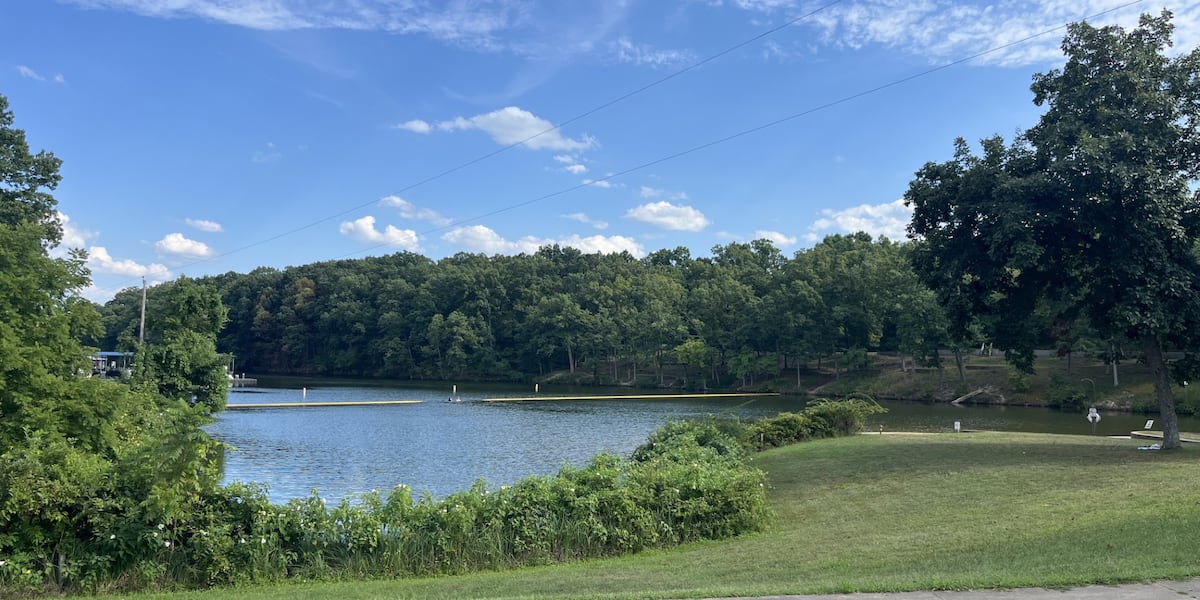Lake of the Ozarks Brain-Eating Amoeba Scare: Health Officials Investigate After Water Sports Exposure

Lake of the Ozarks, Missouri – A concerning health investigation is underway at the popular Lake of the Ozarks following reports of a potential link between water sports activities and a rare brain-eating amoeba infection. The Missouri Department of Health has launched a probe after an individual exhibiting symptoms consistent with Naegleria fowleri sought medical attention.
What is Naegleria fowleri? This amoeba, often referred to as the “brain-eating amoeba,” is a single-celled organism found in warm freshwater, such as lakes, rivers, and hot springs. While infections are exceedingly rare – typically fewer than 10 cases reported annually in the United States – they are almost always fatal. The amoeba enters the body through the nose, travels to the brain, and causes a devastating infection called primary amebic meningoencephalitis (PAM).
The Lake of the Ozarks Connection: The individual who presented with symptoms recently participated in water sports at Lake of the Ozarks. Health officials are meticulously investigating the circumstances surrounding their exposure to determine the extent of any potential risk to the public. It’s crucial to understand that infection requires water to be forced up the nose, typically during activities like swimming, skiing, or tubing. Simply wading or bathing is considered a significantly lower risk.
Symptoms and Precautions: Symptoms of PAM typically begin within 1 to 9 days after infection and can include severe headache, fever, stiff neck, nausea, vomiting, and seizures. If you've been swimming or participating in water sports in freshwater and experience these symptoms, seek immediate medical attention and inform your healthcare provider about your potential exposure.
What are health officials doing? The Missouri Department of Health is working diligently to gather more information, including water samples from the Lake of the Ozarks, to determine if the amoeba is present. They are also collaborating with the Centers for Disease Control and Prevention (CDC) on the investigation. Public health officials emphasize that while the risk remains extremely low, awareness and preventative measures are essential.
How to Reduce Your Risk:
- Avoid submerging your head: When swimming or participating in water sports in warm freshwater, try to keep your head above water.
- Use nose clips: Consider using nose clips, particularly in areas where the amoeba is known to be present.
- Limit water exposure: Minimize the amount of time spent in warm freshwater.
- Stay informed: Monitor local health advisories and follow the guidance of public health officials.
Ongoing Investigation: This is a developing story, and authorities are urging anyone with information that could assist the investigation to come forward. Updates will be provided as more information becomes available. The safety and well-being of Missouri residents remain the top priority.






